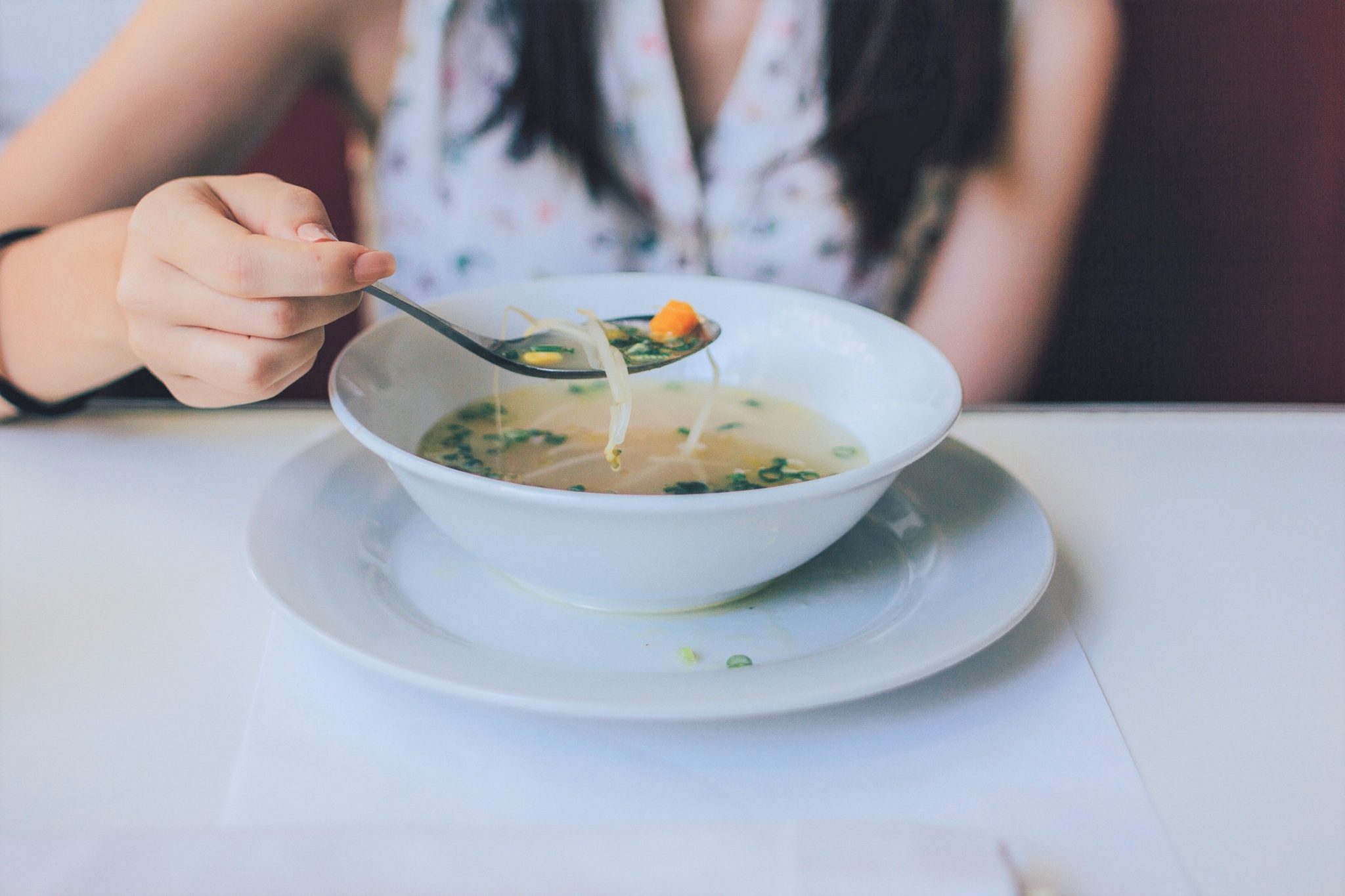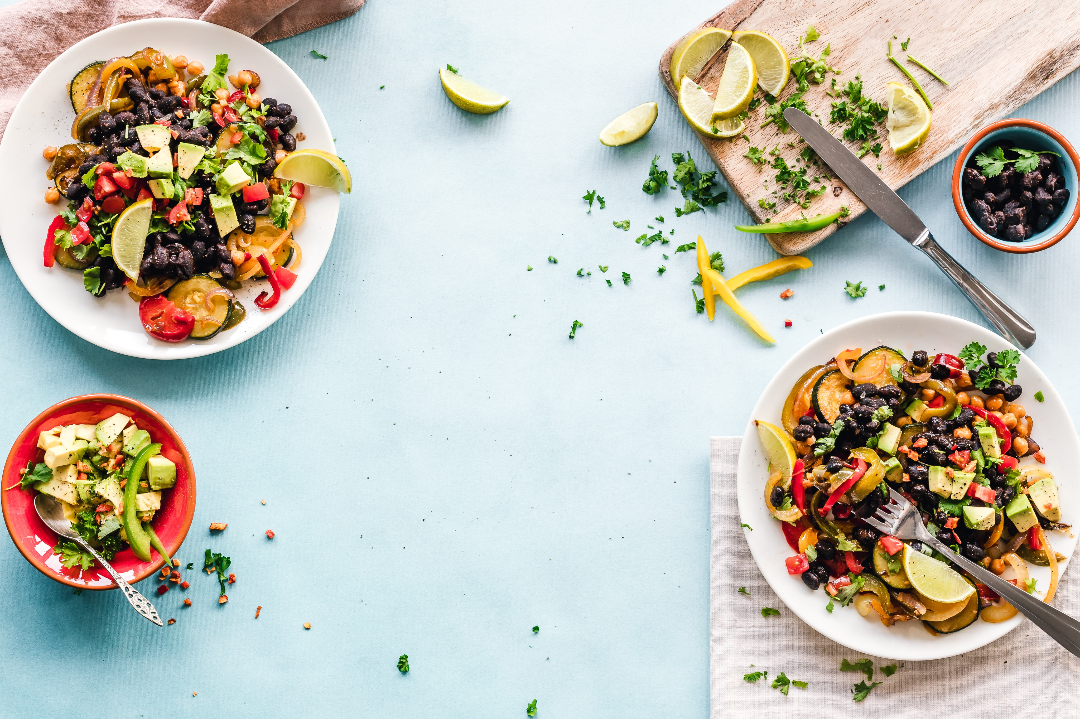
Microba Dietitian-Nutritionist, Dr Paula Smith-Brown says if you are feeling under pressure, one thing you don’t need to worry about right now is having the perfect diet.
Together, we are facing a global pandemic which has impacted every aspect of our lives. In this time of uncertainty, it is natural to look for ways to control your environment and protect your health – but with the media awash with health advice and tips on boosting immunity it can be confusing to know who to trust and follow.
While it is certainly true that good nutrition and a healthy gut microbiome are essential for immunity, it is also important to remember that what you eat today or this week will not be what determines your risk of contracting coronavirus (COVID-19).
Humans have four types of immunity
Innate or natural immunity refers to the non-specific immunity which is available immediately to protect us from disease causing bugs. This includes non-specific immune cells called phagocytes which engulf viruses and bacteria as well as physical protections including our cough reflex and barriers, such as our skin, stomach acid and gut lining.
Adaptive immunity refers to the way our body can develop defences which are specific to a particular bug. The first time we are exposed to a bug it can take our body a few days to create specially targeted white blood cells (T and B lymphocytes) to combat the infection.
Acquired immunity refers to the lessons your immune system learns throughout your life. Once you have been exposed to a bug either from an infection or a vaccine, your immune system holds a memory which allows it to launch the specifically targeted immune cells much faster. This explains why you are less likely to become sick with the same infectious disease twice or after being vaccinated.
Passive immunity refers to obtaining immune cells from others, such as how breastfeeding transfers immune cells from the mother to the baby.
Protecting the vulnerable
Humans are currently facing COVID-19 for the first time as it is a novel coronavirus, which means none of us have been exposed to this bug before and allowed to develop acquired immunity. This means that even those with a well-functioning immune system may be susceptible to becoming unwell.
Those who have weaker immune systems are more likely to develop severe illness and, as such, have probably already been taking extra precautions and focusing on self-isolation. However, the time has now come for the entire population to work together to practice social distancing, in order to limit the spread of infection and ‘flatten the curve’, thus preventing our health care system from becoming overwhelmed.
Taking small steps
For many, the changes required to every aspect of our lives will be causing great upheaval and it is natural that people might feel overwhelmed and anxious. If you are feeling under pressure, it is important to remember that one thing you don’t need to worry about right now is having the perfect diet.
Choosing easy to prepare familiar foods will help you focus your attention and energy on making the necessary arrangements to practise social distancing.
Humans are remarkably adaptive and soon we will all start settling into new routines and reflecting on what this challenge might teach us. For some this might be the motivation or opportunity to focus on improving our health. If you already find yourself with the time, head space and motivation to focus on your diet, you may wish to read more about why eating plenty of plant based foods to fuel your gut microbiome is a great way to support immunity.
While Microba is primarily working from home to ensure the safety of our community, our systems remain fully operational. This means we will be here to help, should this be the time you wish to learn about your microbiome or take charge of your diet and health. Remember, even small changes such as eating one extra serving of fruits or vegetables can be enough to make a difference to your health.
For now, be kind to yourself and each other.
This microbiome test is not intended to be used to diagnose or treat medical conditions. A full disclaimer is available here


